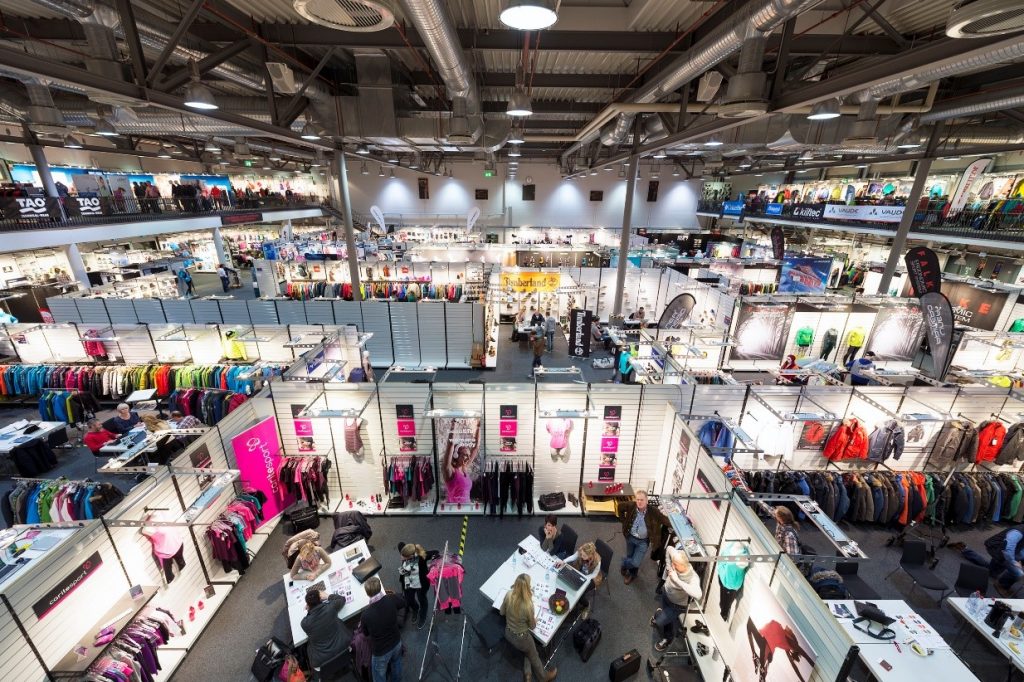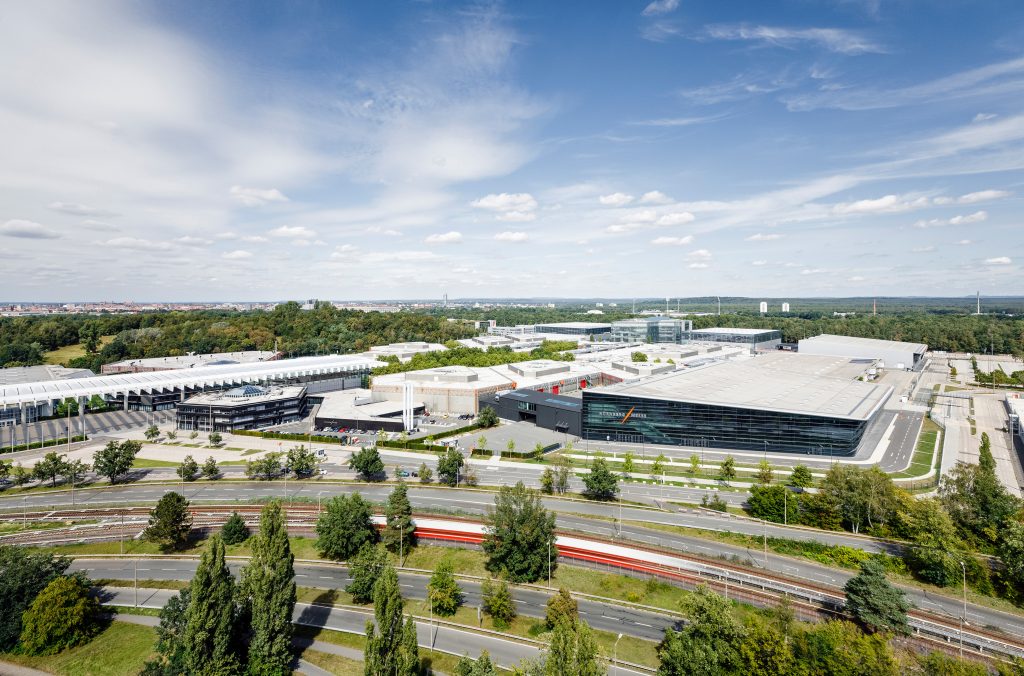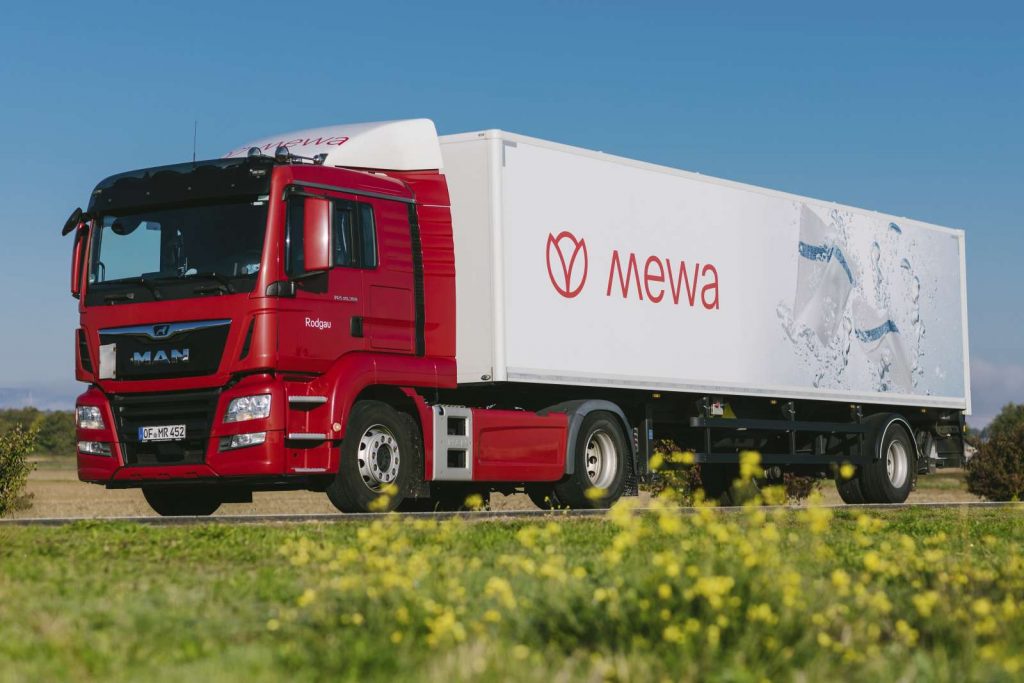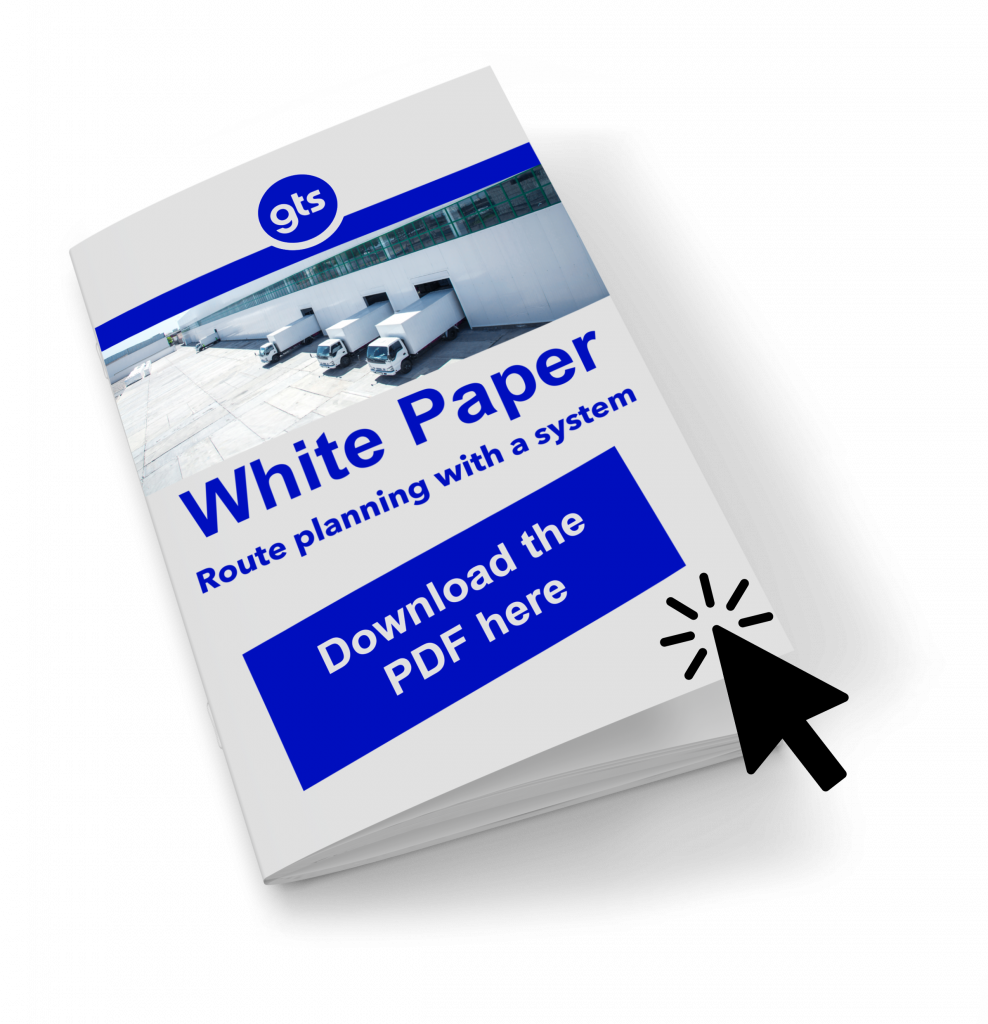With the TransIT software from gts systems and consulting, Bakery Büsch GmbH not only focuses on optimized route planning when delivering to its specialist shops. In terms of sustainability, the supraregional artisan baker from Kamp-Lintfort has been reducing the mileage of the vehicle fleet with the gts solution for many years - and thus the ecological footprint. Where previously planning was done with Excel lists and delivery notes, the bakery now achieves annual CO2 savings of 140 tons through the introduction of optimized regular route planning.
With over 30 years of experience, the Büsch bakery stands for high quality in the craftsmanship of baking. The same high quality is also in demand every day in the logistical processes: 55 vehicles from the headquarters in Kamp-Lintfort supply the company's own specialist shops and around 20 retail customers with fresh baked goods. On weekdays, 40 tours each serve six to eight locations; Saturdays and Sundays 45 and 28 tours. In addition, the vehicle capacities vary depending on the location, as some specialist shops, for example, can only be approached by a 3.5-ton truck, while others can also be accessed by a 12 or 18-ton truck. Also note: the tight delivery time windows between midnight and 6 a.m., as the Büsch specialist shops open at 7 a.m. Also the bakery has to adhere to the Federal Immission Control Act, which stipulates a night's sleep from 10 p.m. to 6 a.m. to protect residents.
Changeover to regular route planning necessary
“Our route planning has become more and more complex,” explains Stefan Wagner, fleet manager at Bäckerei Büsch GmbH. “We planned our tours using Excel tables and delivery notes. The time windows and restrictions on vehicle sizes were difficult to calculate. One thing was certain: We needed digital support when planning our deliveries. ”The Büsch bakery contacted the route optimization specialists from gts systems and consulting in Aachen. Based on an inventory, the consultants determined the exact potential for optimization in the delivery processes and recommended switching to regular route planning.
The TransIT software developed by gts records various delivery parameters such as location specifications, vehicle capacities and delivery windows. The optimal tours are calculated using algorithms based on historical data and transferred to the vehicle's telematics system. Since TransIT is linked to a navigation solution, a display in the Büsch vehicles shows the exact order sequence. The drivers are now sent on an optimized route from one Büsch location to the next. “Not only are we now delivering faster and more efficiently, the introduction of regular route planning in combination with data collection via telematics in the vehicles has also reduced fuel consumption and promoted economical driving,” completes Stefan Wagner. “If there are short-term changes within the routes, TransIT automatically initiates optimization. That is another great added value. "
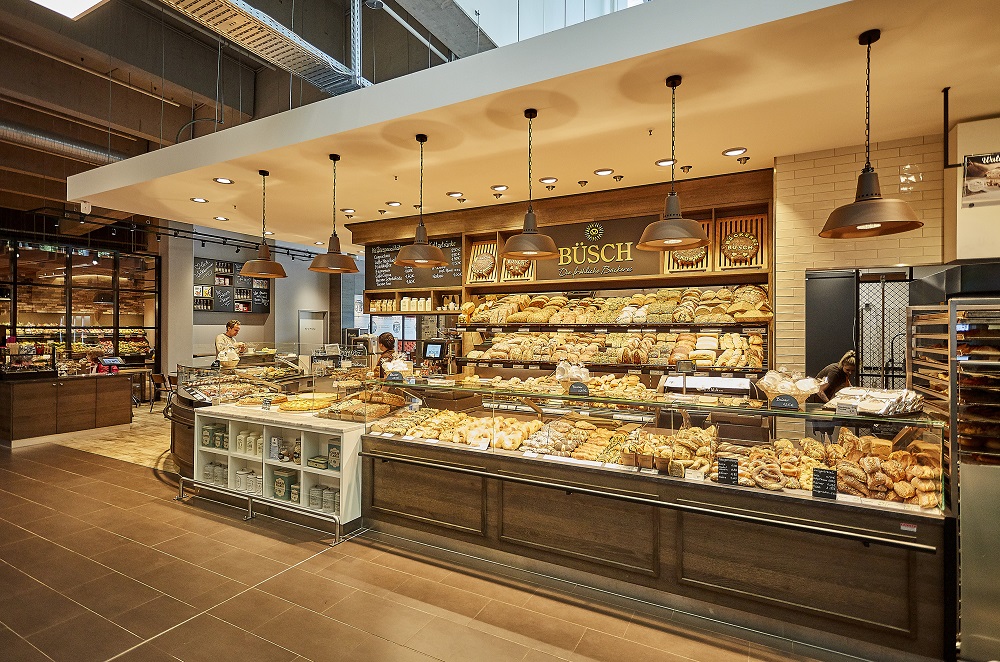
Ecological and economic optimization
Thanks to the optimized route planning, around 0.5 more stops per route are approached every day - a kilometer saving of around eight percent compared to before. This has an effect on fuel consumption and, in turn, on CO2 emissions. If 40 tours of 200 kilometers each with a large truck are calculated, this results in 538 kilograms of CO2 saved per day. In a year without including the weekends, that amounts to a total of 140 tons of CO2 - a figure that illustrates the potential of the gts solution in ecological and economic terms.
The service also contributes to this: “The gts customer service reacts to queries in an uncomplicated and prompt manner. You don't end up in a call center, but with employees who know our requirements exactly, ”says Stefan Wagner. “Deliveries to our specialist shops can be optimally managed with TransIT. The growth of Büsch in the past few years would certainly not have been so smooth without the solution from gts. "
Further information on the route planning software TransIT is available under route planning.




